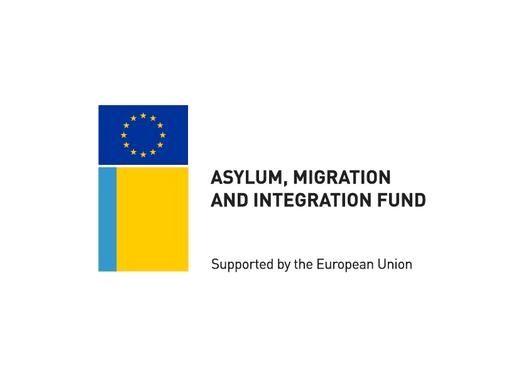Health of immigrant children, young people and families
Among the population with an immigrant background living in Finland, family reasons are the most important reason for moving to Finland. Women and children aged under 15 are particularly likely to move to Finland together with their family.
Much diversity among immigrant families
The concept and understanding of family varies at different times, in different environments, in different population groups and between individual families and individuals. The concept of the nuclear family may be alien to many immigrants, who can instead define family more broadly.
There is much diversity among families who have moved to Finland. They differ in areas such as their reasons for immigration, current life situation, family composition and social networks.
Nevertheless, immigrating and then parenting in a new country is always a straining and stressful experience.
There is also much variation in the resources available to families. Immigrating can offer families new opportunities and things that support welfare, such as schooling for their children and a safer living environment. The opportunity to live together with their family supports the welfare and integration of immigrants.
Families also differ in terms of the things that strain them and their support needs. Experiences of discrimination and racism in Finland are significant stress factors. Those who have arrived as refugees may have experienced many difficult or even traumatic things. Welfare is also reduced by being apart from family members and, for example, difficulties in achieving family reunification.
Factors that strain families include
- racism and experiences of discrimination
- loneliness and lack of social networks
- the unfamiliarity of the service system and difficulties in obtaining services when they are needed
- parents’ difficulties in finding work or learning the language
- differing time-lines for the integration of children and parents
- changes in family dynamics
- differences in childcare and family life
- uncertainty about the future
- concern about family and relatives around the world and the situation in one's country of origin
- straining and traumatic experiences.
Immigrant parents benefit from parenting support and the opportunity to discuss the topics of parenthood and child-rearing in Finland. Factors that particularly promote the use of family services and the timely provision of support include use of interpreters, professionals' interest in understanding parents' thinking and cultural differences, building trust between professionals and families, and personalised engagement with families.
Welfare of young immigrants
Young immigrants are a diverse group. Their welfare and lifestyles can be supported in the same way as that of all young people.
Young people in particular should be encouraged and supported in finding out what they are interested in. Each young person should be treated as an individual, without presumption or recourse to stereotypes.
Young people need support in achieving and maintaining good health, welfare, and social and psychosocial growth, and they also need support for learning and study choices.
Young people need support from trustworthy adults. According to the School Health Promotion Study, young immigrants are more likely to have difficulties discussing things with their parents than other young people. This may be due to factors such as varying time-lines for the integration of different family members. Professionals who deal with young people may have a particularly important role as safe adults who offer support and discussion. In such cases, it is important for professionals to adopt a culturally sensitive and non-discriminatory approach in their work.
Immigrant children and youth in the school environment and in their free time
The growth environment of young immigrants is less secure than that of other young people. Young immigrants more often experience repeated bullying at school and are more often without friends. Young immigrants and young people born to parents with a foreign background are more likely to experience discriminatory bullying and accidents in school or while travelling to and from school.
Leisure activities are important for young people. According to the School Health Promotion Study, many children of parents with a foreign background have found a weekly hobby, but such children still engage in hobbies less than those with a Finnish background.
According to a study of children’s free time (2020), those who speak languages other than Finnish or Swedish as their mother tongue more often felt that they had either too little or too much leisure time. The level of leisure activity also depends on the family’s socio-economic background and the opportunities this provides for participating in guided leisure activities.
As in the school environment, young people with a foreign background also experience unequal treatment in leisure-time hobbies, and this can reduce their willingness to participate in such activities. On the other hand there were some factors, such as participation in instructed sports, which could potentially reduce the negative effects of racism.





